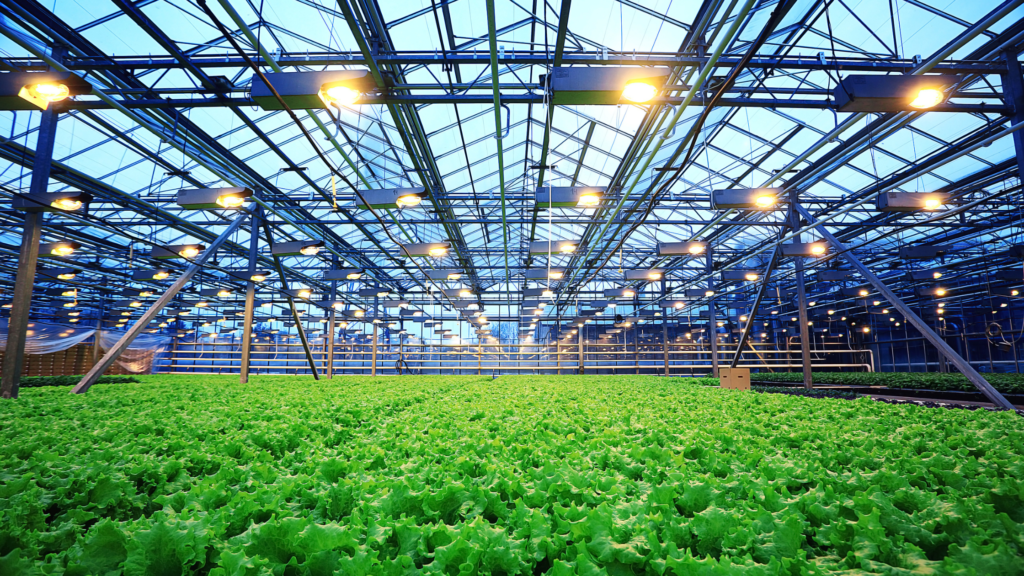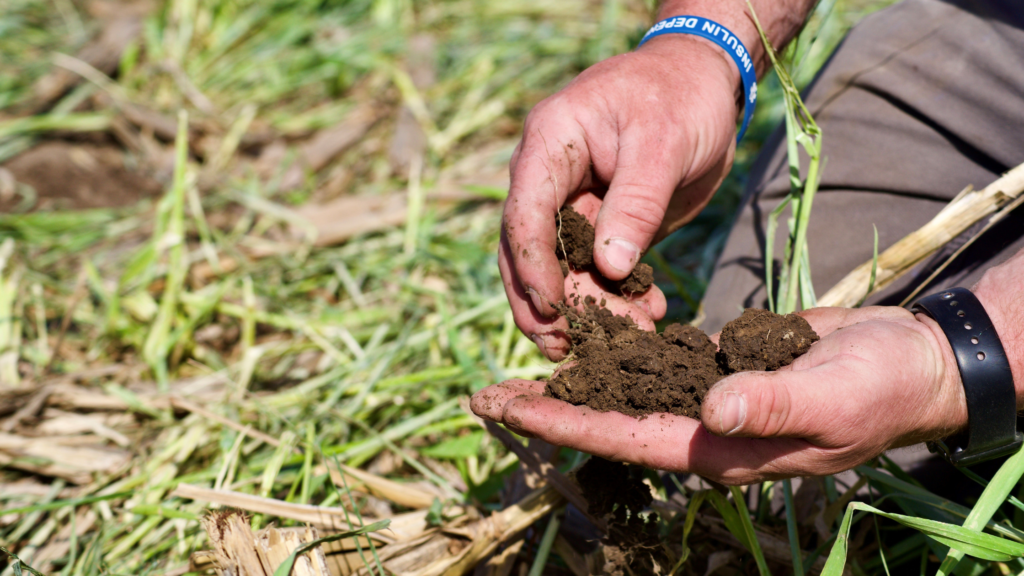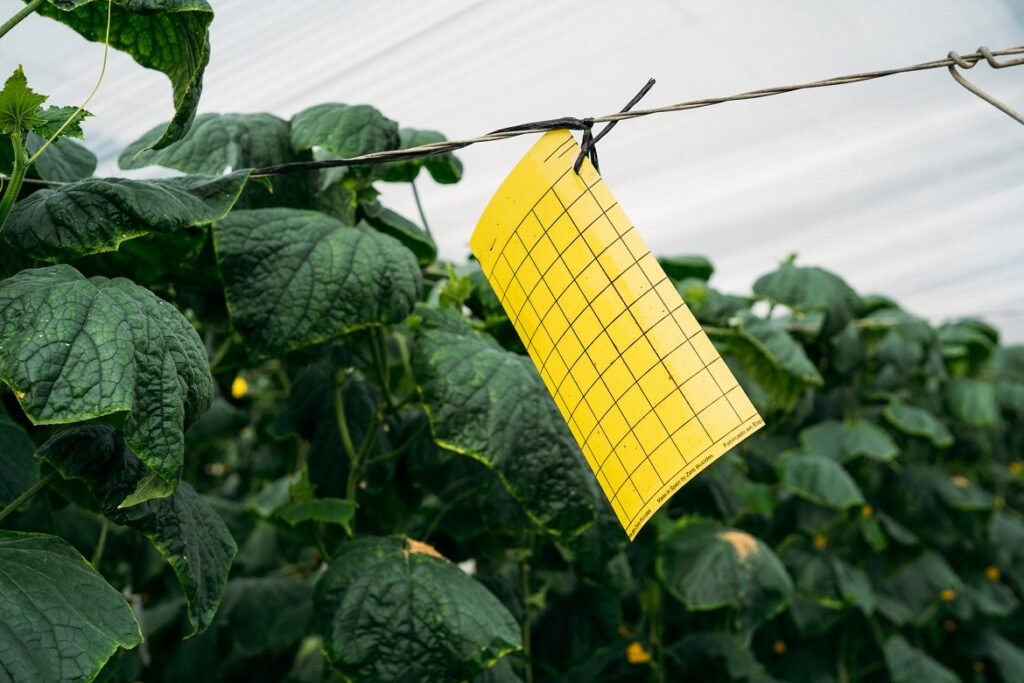Sustainable agribusiness practices are crucial for driving economic growth and maintaining environmental sustainability. For organizations like Bottom Billion Corporation (BBC), advocating for sustainable agribusiness aligns with their mission to empower underserved communities and support global development. This article explores the principles of sustainable agribusiness, emphasizing key practices and their benefits for both the economy and the environment.
Understanding Sustainable Agribusiness

Sustainable agribusiness involves farming practices that meet the needs of the present without compromising the ability of future generations to meet their own needs. This approach integrates environmental health, economic profitability, and social equity. Sustainable agribusiness practices aim to enhance agricultural productivity while minimizing environmental impact and promoting the well-being of communities.
Key Practices in Sustainable Agribusiness

Conservation Agriculture
Conservation agriculture is a set of soil management practices that minimize the disruption of the soil’s structure, composition, and natural biodiversity. Key techniques include minimal tillage, maintaining soil cover with organic materials, and crop rotation. These practices help improve soil health, reduce erosion, and enhance water retention, leading to increased agricultural productivity and sustainability.

Integrated Pest Management
Integrated Pest Management (IPM) is an environmentally friendly approach to pest control that combines biological, cultural, mechanical, and chemical methods to manage pests in an economically and ecologically sound manner. IPM reduces the reliance on chemical pesticides, thereby minimizing their impact on the environment and human health. By promoting the use of natural predators, crop rotation, and resistant crop varieties, IPM enhances the resilience and sustainability of agricultural systems.

Agroforestry
Agroforestry involves integrating trees and shrubs into agricultural landscapes to create more diverse, productive, and sustainable land-use systems. This practice provides numerous benefits, including enhanced biodiversity, improved soil fertility, and increased carbon sequestration. Agroforestry systems can also provide farmers with additional sources of income through the production of timber, fruit, and other forest products.
Benefits of Sustainable Agribusiness Practices
Sustainable agribusiness practices offer numerous economic, environmental, and social benefits that significantly enhance the viability and sustainability of farming communities. Economically, these practices can improve the financial stability of farmers and rural areas. By enhancing soil health and reducing input costs through methods such as conservation agriculture and Integrated Pest Management (IPM), farmers can achieve higher yields and greater profitability. Additionally, diversified income streams from agroforestry and other integrated farming practices provide financial resilience against market fluctuations, ensuring that farmers have a stable income even during economic downturns.
The environmental benefits of it are equally profound. Practices like conservation agriculture and agroforestry not only improve soil health but also increase biodiversity and enhance carbon sequestration. These methods help reduce greenhouse gas emissions and mitigate the impacts of climate change. Moreover, by minimizing the use of chemical inputs, sustainable agribusiness reduces pollution and protects water resources, contributing to overall environmental health.
Socially, its practices promote social equity and community well-being. By enhancing agricultural productivity and profitability, these practices help lift farmers out of poverty and improve food security. Furthermore, sustainable agribusiness fosters community engagement and knowledge sharing, empowering farmers with the skills and resources needed to adopt and maintain sustainable practices. This empowerment is in line with the mission of Bottom Billion Corporation (BBC) to promote economic development and social equity in underserved communities. By adopting sustainable agribusiness practices, farmers not only achieve better economic outcomes but also contribute to the creation of a more equitable and sustainable food system.
Challenges and Considerations
- Implementation Barriers
Despite the numerous benefits, implementing sustainable agribusiness practices can be challenging. Farmers may face barriers such as limited access to knowledge, technology, and financial resources. Overcoming these barriers requires targeted support from governments, non-governmental organizations, and the private sector. Providing education and training, access to sustainable farming technologies, and financial incentives can facilitate the adoption of sustainable practices.
- Market Access
Access to markets is crucial for the success of sustainable agribusiness. Farmers need reliable markets to sell their sustainably produced goods at fair prices. Building strong market linkages and establishing certification schemes for sustainable products can enhance market access and consumer trust. Collaboration between stakeholders in the supply chain, from producers to retailers, is essential to creating a supportive market environment for sustainable agribusiness.
Sustainable agribusiness practices are vital for achieving economic and environmental goals. By integrating conservation agriculture, integrated pest management, and agroforestry, farmers can enhance productivity, reduce environmental impact, and improve community well-being. These practices align with the mission of Bottom Billion Corporation to foster economic empowerment and sustainable development. Despite the challenges, the adoption of sustainable agribusiness practices offers a path towards a more resilient and equitable global food system.

